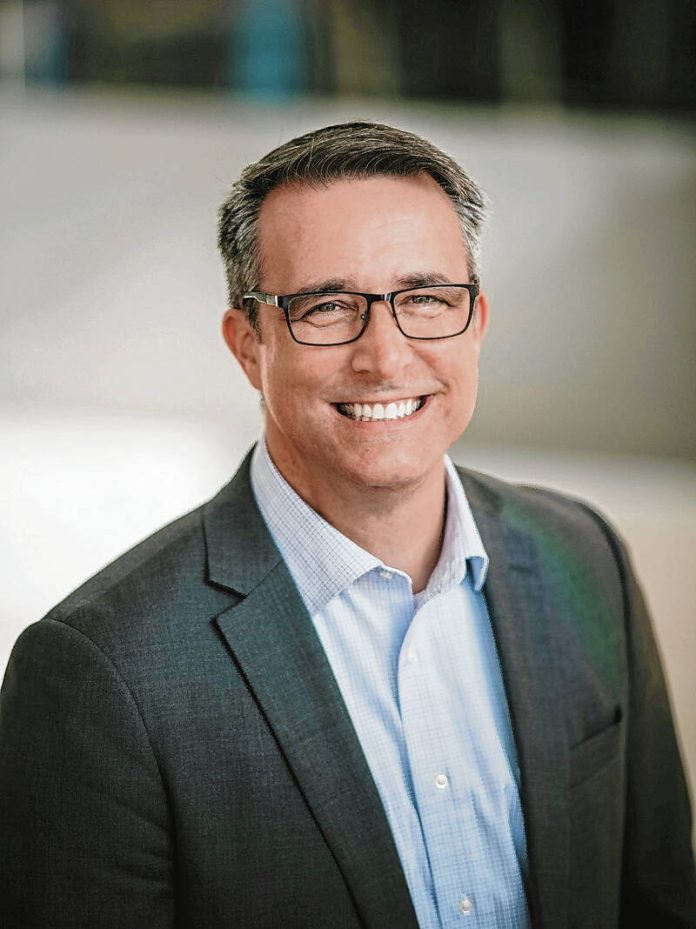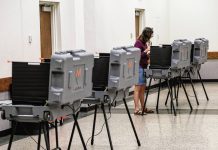A region comprised of Bartholomew, Jackson and Jennings counties, along with the town of Edinburgh, has submitted a proposal for funding through an expanded state economic development initiative.
The initiative, called the Regional Economic Acceleration and Development Initiative, or READI, is planning to award a second round of funding to boost community development investments statewide, according to the Indiana Economic Development Corp.
A collective total of $500 million in funding will be awarded to regions across the state during the second round of the initiative, which has been dubbed “READI 2.0,” as well as an additional $250 million in grant funding from the Lilly Endowment Inc. Additionally, the second round of state funding is expected to attract a minimum four-to-one match of local public and private funding.
The Indiana Economic Development Corp. said 15 regions representing all 92 counties in the state submitted proposals for READI 2.0 funding.
Erin Sweitzer, deputy chief of staff and vice president of external communications at the Indiana Economic Development Corp., said the state plans to publicly release each region’s proposal next week.
However, the application requirements were a little different for READI 2.0 than during the initial round of funding, said Jason Hester, president of the Greater Columbus (Indiana) Economic Development Corp., who was involved with the local region’s application.
“(With) READI 1, the application required projects, and the application was very much about the list of projects,” Hester said. “With READI 2, the state indicated they wanted to better understand the overall strategy, but yet they still wanted to know that we had projects where there could be a relevant match. …For every $1 of READI funds, we need to have at least $1 of local funds and $3 of private investment.”
Hester said the region requested $75 million in funding — the maximum possible award through the initiative — and provided state officials with a “sample of projects” that could be eligible for READI 2.0 funding and could be rolled out should the region be awarded funding.
“But none of that is set in stone,” Hester said. “Once we know how much money (the region) will get, then we’re going to put out a call for projects. …We’ll look for projects that would fit and would have the match requirement and would meet the state guidelines.”
Hester said he tentatively expects the region to know how much funding it will receive through the initiative around late April or early May.
The Indiana Economic Development Corp. says that the proposals will be evaluated on a variety of factors, including economic development potential, the level of focus on rural communities, the degree of regional collaboration and alignment with the state’s economic development priorities, such as population growth, per-capita income growth, growth in employment opportunities, educational attainment, housing units developed, childcare capacity and innovation activities.
State officials said the themes of the local region’s application were “inspire and cultivate collaboration among companies and communities to build powerful technologies, prosperous communities and a resilient future by focusing on innovation and entrepreneurship, education and workforce development, housing and quality of place.”
The second round of funding comes just over two years after the local region was awarded $30 million of funding through READI 1.0, which local officials at the time described an “unprecedented” opportunity and a “game-changer” for the region.
While local officials later needed to make some tweaks as they navigated federal guidelines for the funding, several projects in the region received READI 1.0 funding.
Some of those projects include the Columbus Riverfront Project, NexusPark, a project to develop a single-family home subdivision in North Vernon, the renovation of an inpatient unit on the third floor of Schneck Medical Center in Seymour and the extension of Main Street in Edinburgh, among several others, according to the Indiana Economic Development Corp.





